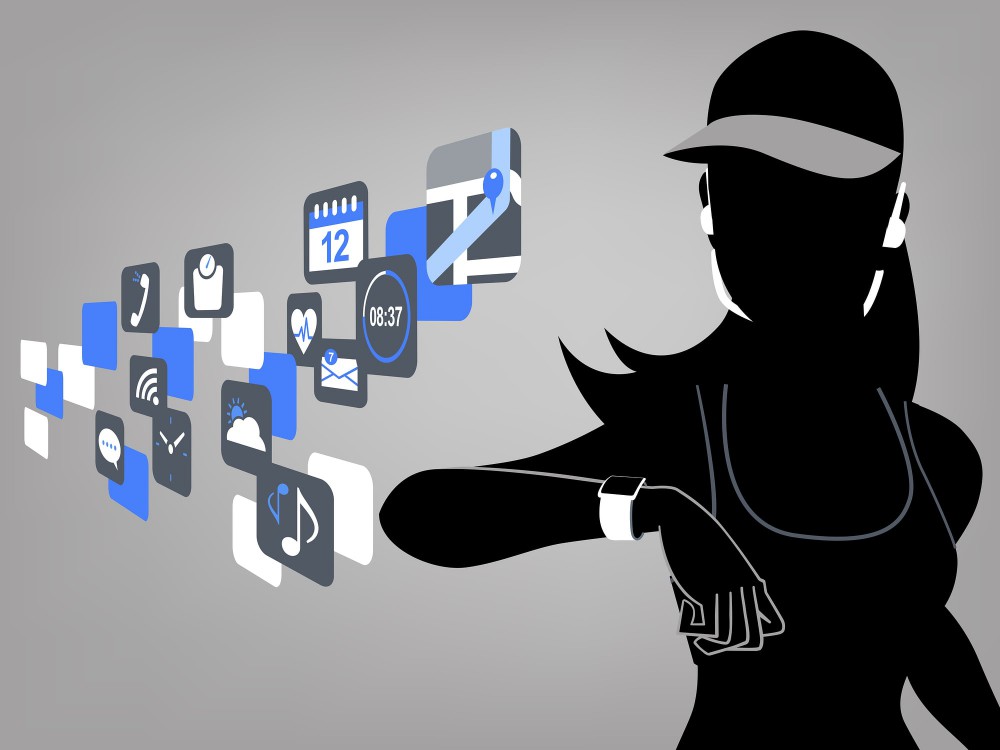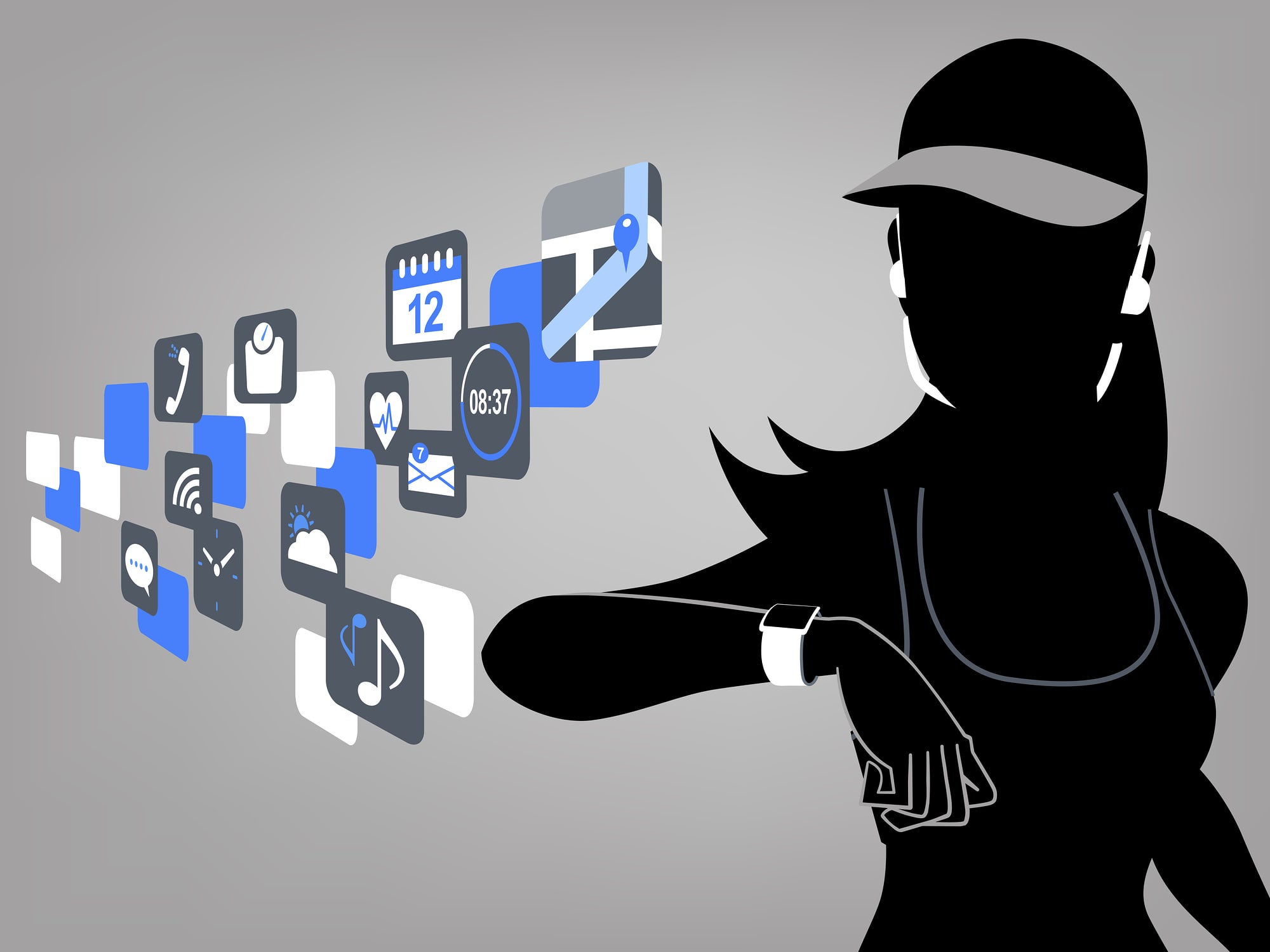
Smartphone applications provide sports scores, travel directions, weather forecasts, dating hookups and everything in between, so it’s no surprise that health and fitness apps are increasingly popular.
Whether it’s helping people with exercise, weight management and stress relief or enabling healthcare professionals to learn about their patients’ health and fitness activities, there’s probably an app for it. Potential uses include clinical, preventative, public health and rehabilitation settings.
How effective are these apps? About 20% of adult Americans employ technology to track health-related data, according to a scientific statement from the American Heart Association (AHA).
“Smartphone applications and wearable sensors have the potential to help people make healthier lifestyle choices, but scientific evidence of mobile health technologies’ effectiveness for reducing risk factors for heart disease and stroke is limited,” according to the statement, published in the association’s journal, Circulation.
That said, the lack of research doesn’t mean the apps aren’t worthwhile, according to University of Pittsburgh Professor of Nursing and Epidemiology Lora E. Burke, who was the lead author of the statement. She said self-monitoring is crucial “for changing cardiovascular health behaviors.”
More on Changing Behavior
The American Journal of Medicine pointed to several examples of how apps serve as behavior changers.
One study noted that in “initially underactive adults aged 50 years or more, those who received daily feedback, goal setting and mobile device support significantly increased their moderate-vigorous physical activity by 178 minutes per week, compared with 80 minutes per week for the control group,” according to the Journal.
You Might Also Enjoy: New Handheld Device Provides an Isometric Workout from Anywhere
Another study aimed at increasing daily step count via an app with a social networking feature. When social networking wasn’t used, participants had a mean of 4,202 steps, compared to 6,352 when the social feature was engaged.
The Journal also suggested what to look for in a phone application. Features should include a user-friendly interface and real-time personalized feedback. It should be easy to turn on, be customizable, synchs with other apps, provides occasional summaries and supports social networking.
All Isn’t Rosy
Still, there are some concerning signs.
For example, the AHA statement noted that mobile phone apps that send text messages aimed at those who want to quit smoking “can almost double your chances of quitting, but roughly 90 percent of people using these apps fail to quit smoking after six months.”
The uninstallation rate is also high, according to the Democrat & Chronicle. It cited a 2015 Journal of Medical Internet Research report that 46% of people surveyed said they had a health app they stopped using.
“People don’t like the tedious process of manually entering the data, especially for calories,” Unity Rehabilitation & Neurology physiatrist Geraldine Dapul said in the report.
Popular Free Apps
Here are some trending free applications available on both Android and iOS, according to PC Magazine.
- Charity Miles – corporate sponsors donate a few cents for every mile run, walked or bicycled.
- Endomondo – tracks outdoor activities.
- Jefit Workout – keeps track of weight-lifting workouts.
- The Johnson & Johnson Official 7-Minute Workout – helps users fit quick workouts into their day.
- Lose It! – This app counts calories and logs exercise.









